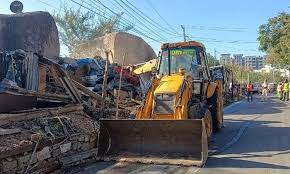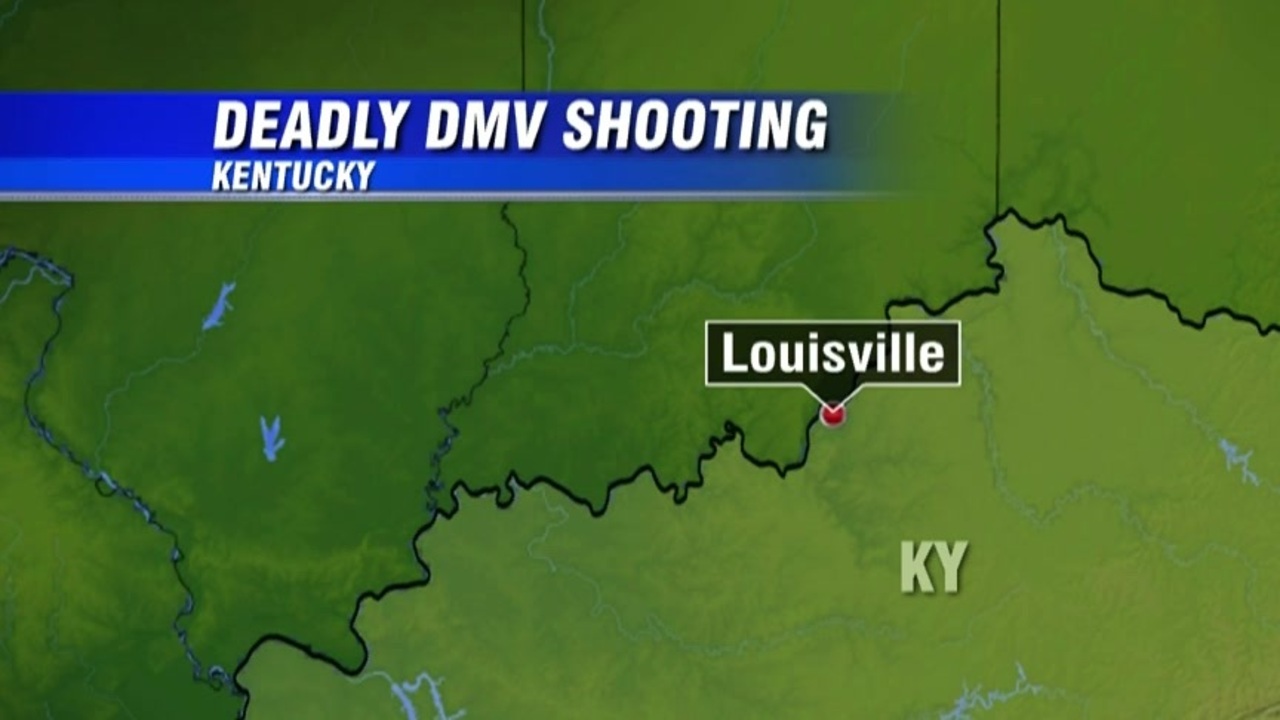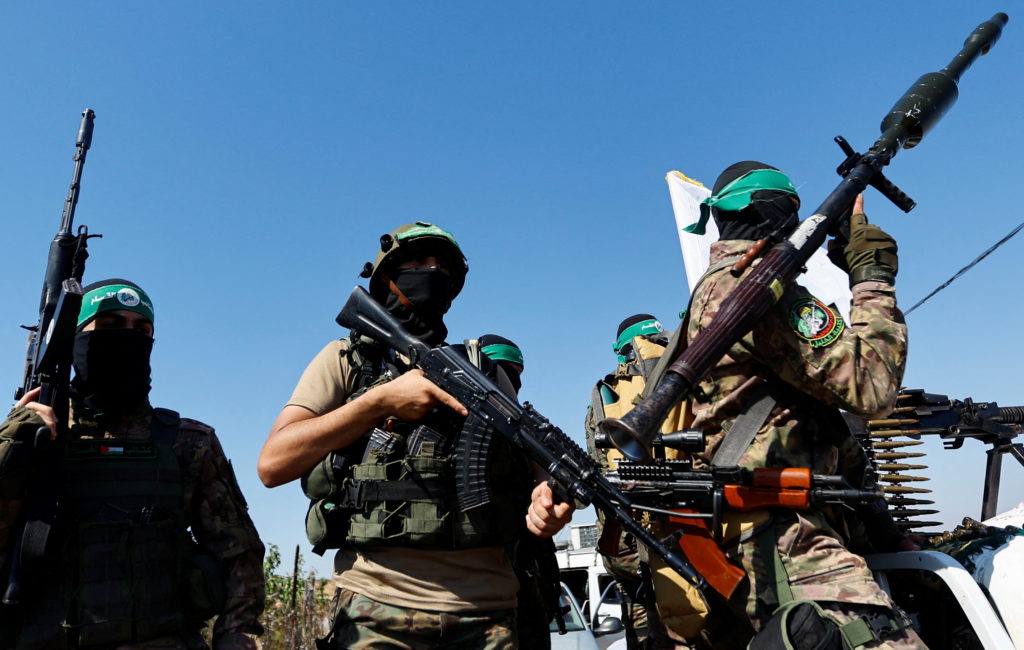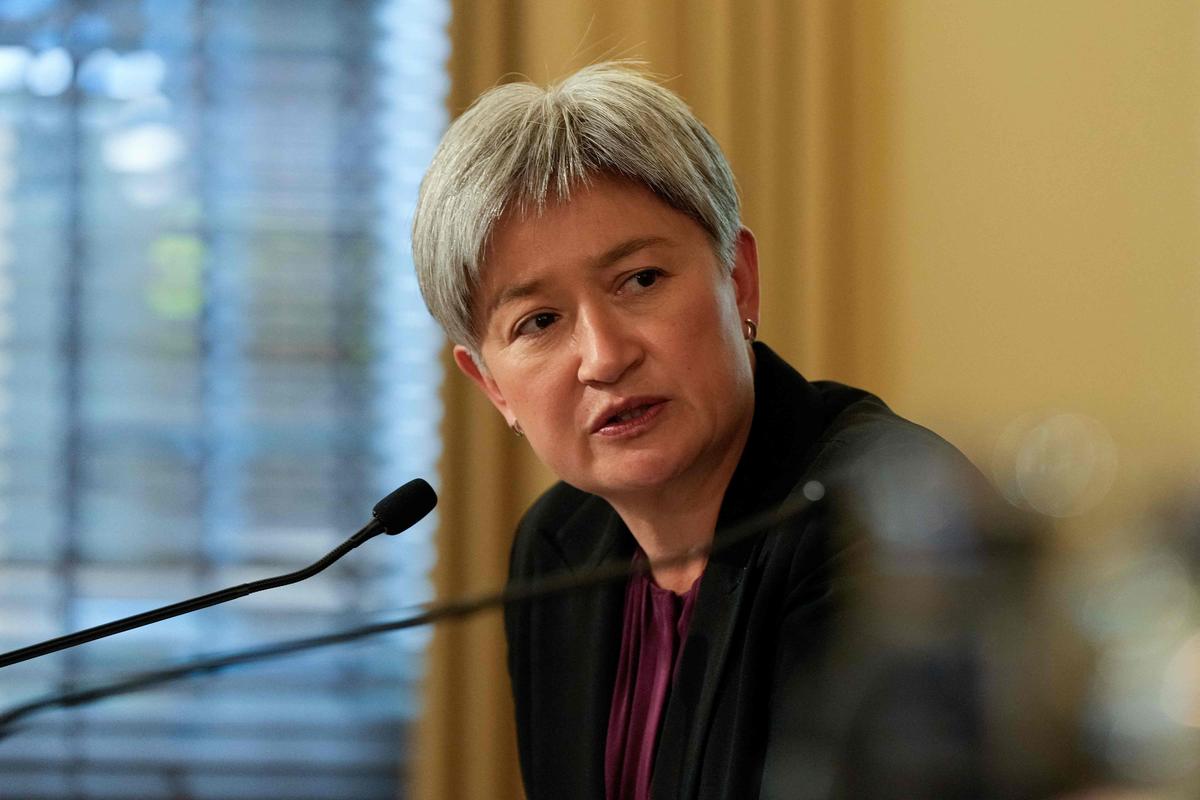Reliance Industries halts Iranian oil imports
Fri 19 Oct 2018, 08:45:54
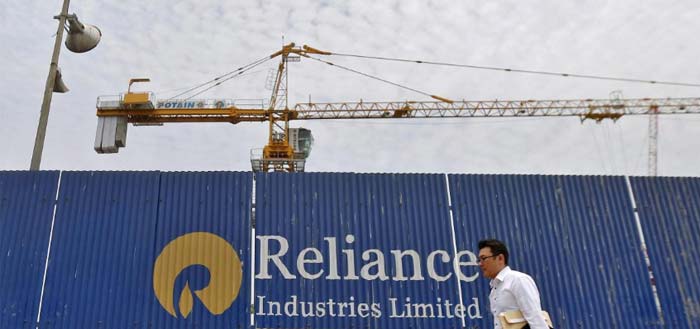
NEW DELHI: India’s Reliance Industries Ltd, owner of the world’s biggest refining complex, has halted imports of Iranian crude ahead of U.S. sanctions against Tehran’s oil sector, its joint chief financial officer said.
The United States plans to impose new sanctions on Iran’s oil sector from Nov. 4 in a bid to curb Iranian involvement in conflicts in Syria and Iraq and bring Tehran to the negotiating table over its ballistic missile programme.
V. Srikanth said Reliance has boosted purchases from other Middle Eastern suppliers and the United States to make up for the loss of Iranian barrels and reduced intake of Venezuelan oil.
Venezuela’s oil production is at a 60-year low after years of underinvestment.
“We continue to get (Venezuelan oil) but I would say it is lower,” Srikanth said. “Iranian supplies are zero. Therefore we have had to look at alternatives like... Middle Eastern crudes, and we are also taking some U.S. grades.”
Reliance, an Indian conglomerate controlled by billionaire Mukesh Ambani, has significant exposure to the U.S. financial system, where it operates some subsidiaries.
The company’s decision to stop buying Iranian oil from October-November came after an advisory from its insurers, a source familiar with the matter told Reuters in May.
Reliance imported 2 million barrels of Iranian oil in September, ship tracking data obtained from sources showed.
Its two
advanced plants at Jamnagar in western Gujarat state can together process 1.4 million barrels per day (bpd) of oil and have the capability to turn cheaper, dirtier crudes into high-value refined products.
advanced plants at Jamnagar in western Gujarat state can together process 1.4 million barrels per day (bpd) of oil and have the capability to turn cheaper, dirtier crudes into high-value refined products.
Reliance on Wednesday reported a record quarterly profit in the July to September period. “Our integrated refining and petrochemicals business generated strong cash flows,” chairman Mukesh Ambani said in a statement.
However, its gross refining margin for the three months through September, or profit earned on each barrel of crude processed, fell to $9.50 per barrel, a 3-1/2 year low.
Reliance said higher oil prices, a narrowing price spread between light and heavy crude and weaker light distillate cracks during the quarter had affected its refining and marketing business.
Reliance had also declared force majeure on gasoline exports from its Jamnagar site in August due to a technical glitch at a fluid catalytic cracker.
The company’s exports of refined products during the September quarter totalled 10.1 million tonnes compared to 11.2 million tonnes a year earlier.
Srikanth said the Indian government’s recent order to state-owned fuel retailers to cut marketing margins by 1 rupee a liter will not affect his firm’s plan to ramp up its network of retail fuel stations.
The company has 1,325 fuel stations. The price of gasoil and gasoline sold through that network is on a par with that of state fuel retailers, Srikanth said.
No Comments For This Post, Be first to write a Comment.
Most viewed from National
Most viewed from World
AIMIM News
Delhi Assembly polls: Owaisi leads Padyatra in Okhla
Feb 01, 2025
We reject this Waqf Amendment Bill: Asaduddin Owaisi
Jan 30, 2025
Latest Urdu News
Most Viewed
May 26, 2020
Which team will win the ICC Men's Champions Trophy 2025 held in Pakistan/Dubai?
Latest Videos View All
Like Us
Home
About Us
Advertise With Us
All Polls
Epaper Archives
Privacy Policy
Contact Us
Download Etemaad App
© 2025 Etemaad Daily News, All Rights Reserved.

.jpg)
.jpg)
.jpg)
.jpg)

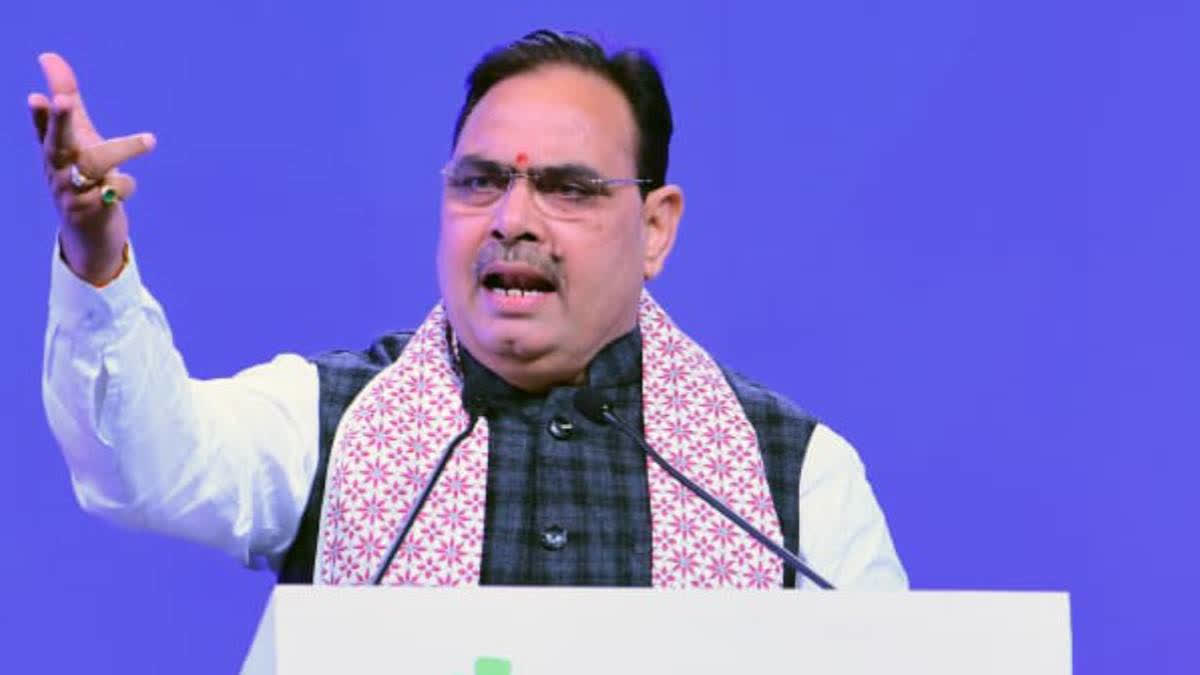

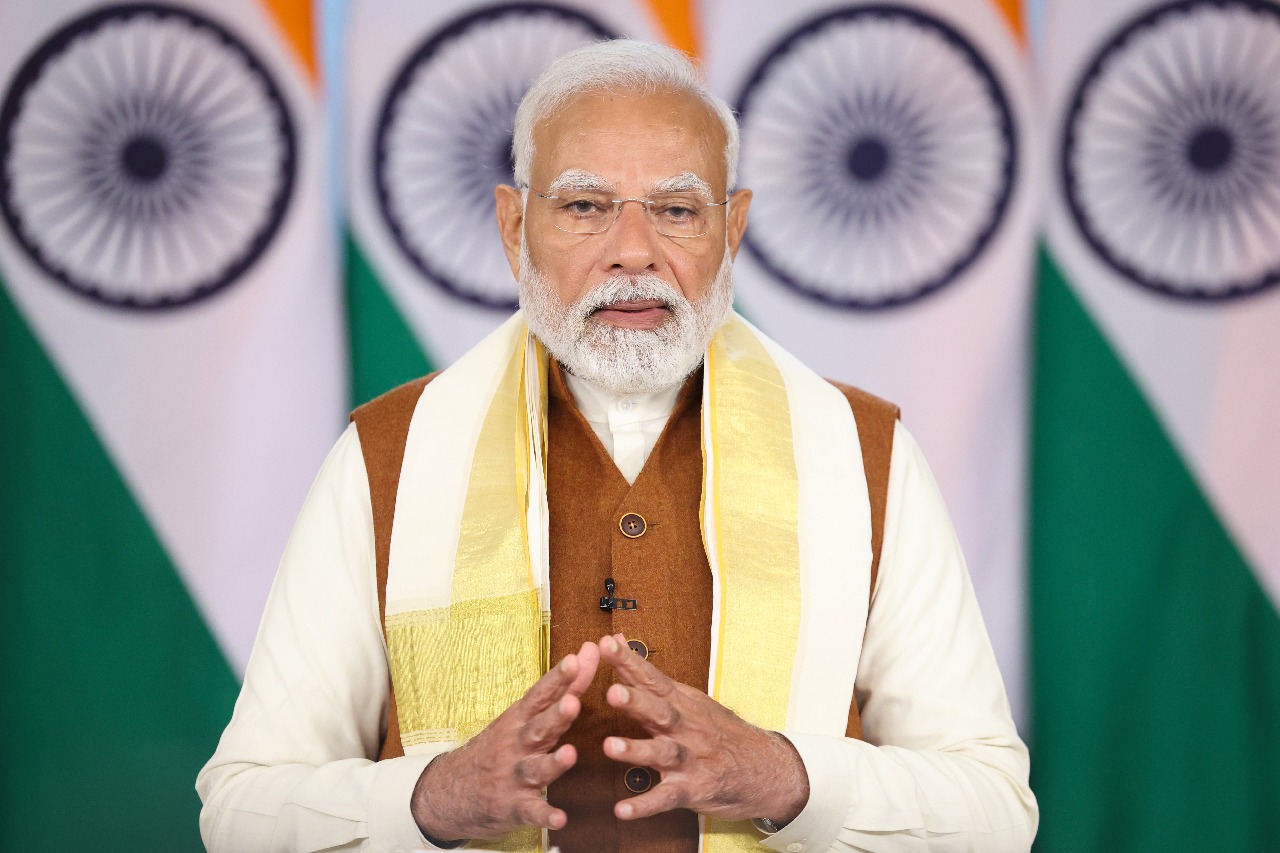


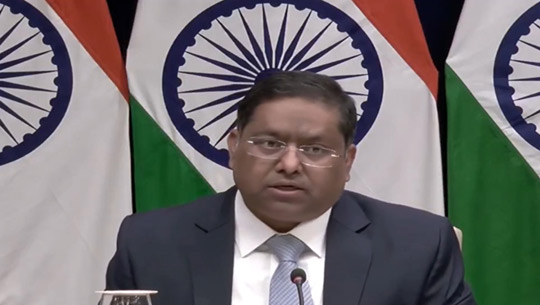
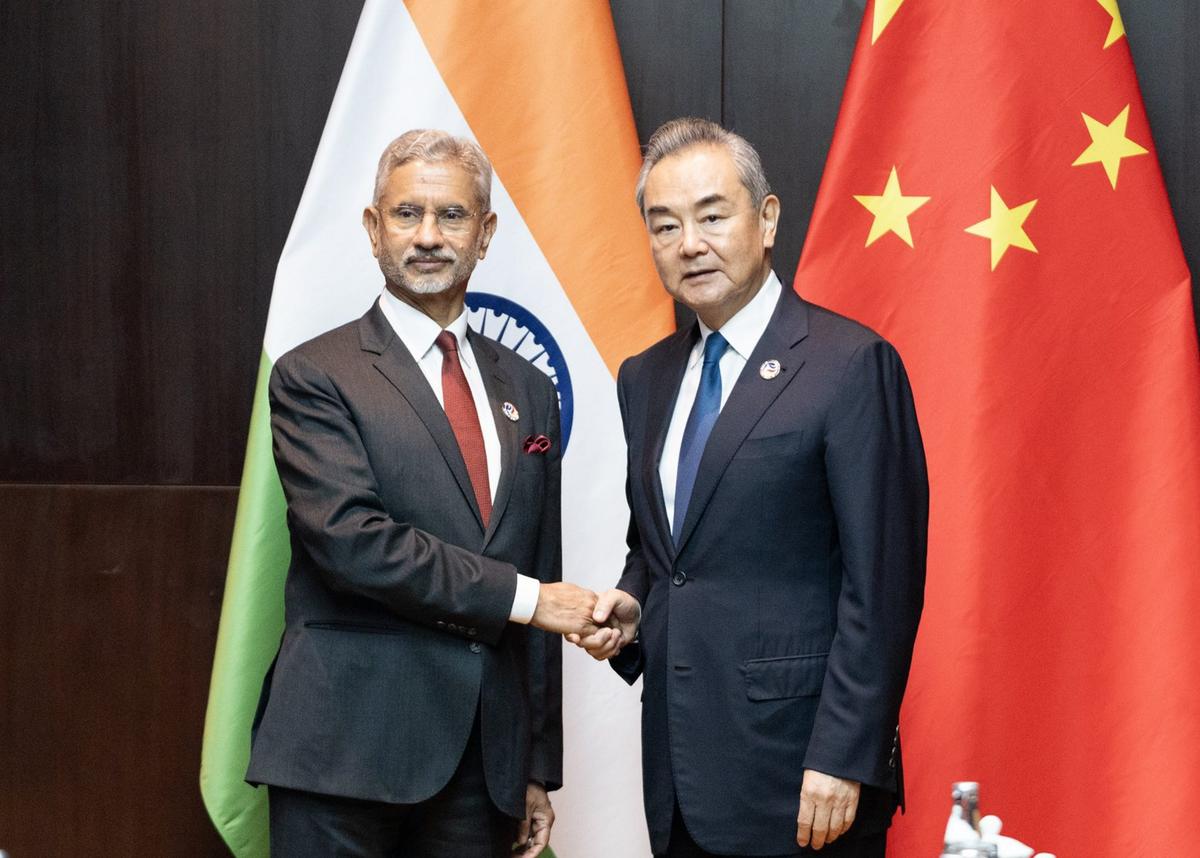
.jpg)
.jpg)
.jpg)
.jpg)
